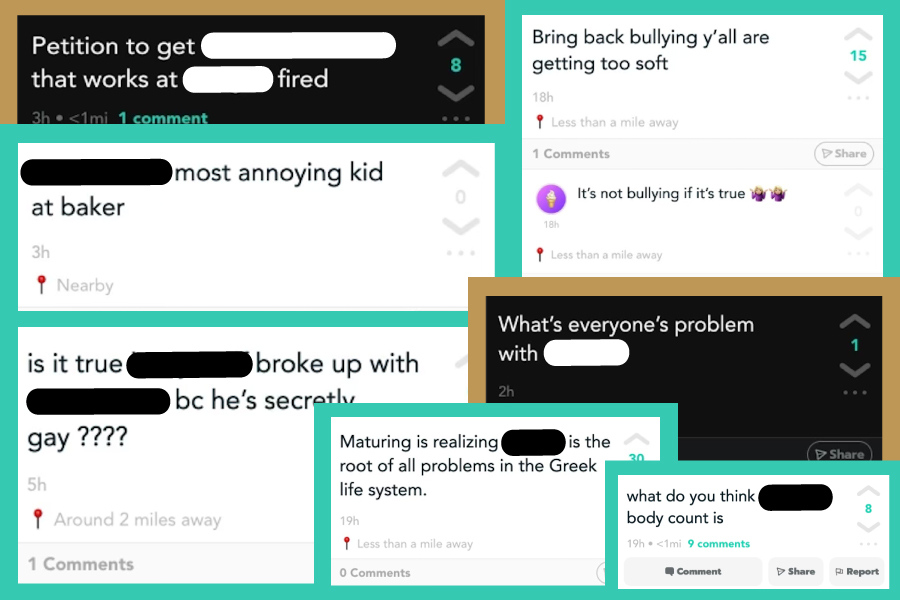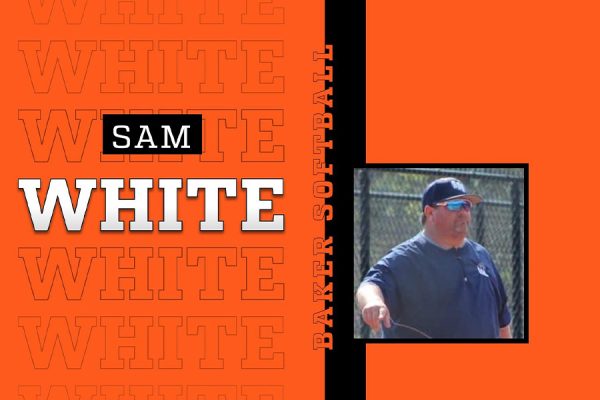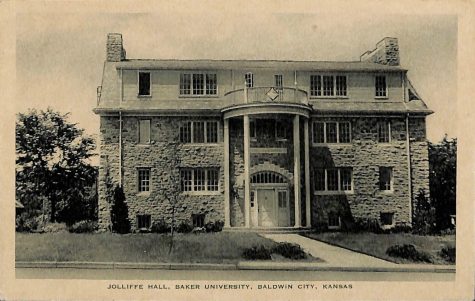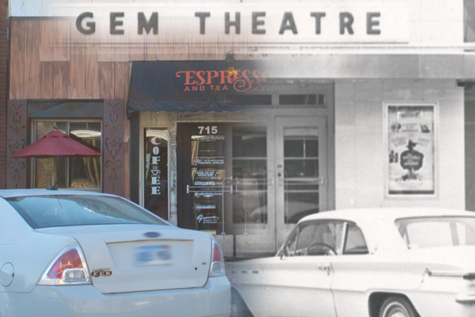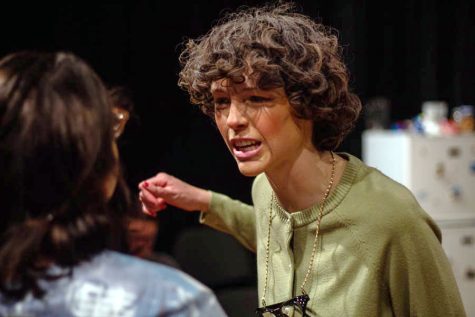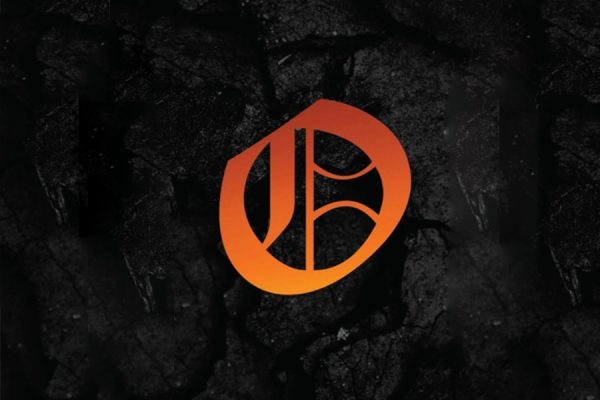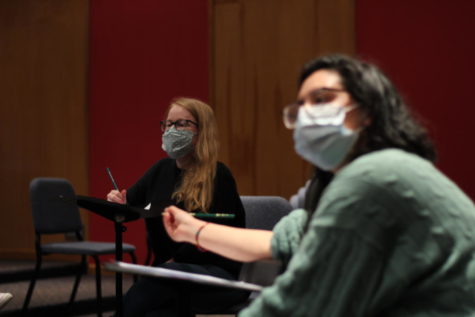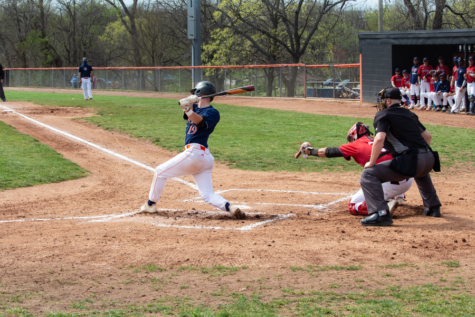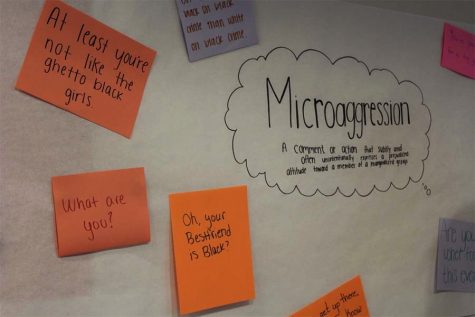Yik Yak sweeps across Baker community
The social media network Yik Yak has resurfaced and become an added stressor on Baker’s campus.
You might remember this famous scenario used in coming-of-age films: the victim walks into the lunchroom one day to realize everyone is staring and laughing at her because a rumor about her was mass texted to the entire school. This trope is a harsh reality and cyberbullying is still prevalent, even amongst young adults in college.
Digital messages spread fast and when anonymity is added, more harm is done. The problematic social media app, Yik Yak, has made its landing back on college campuses, proving that anonymity has the power to fuel social media bullying and harassment.
Yik Yak is an anonymous messaging app that allows anyone within five miles to view a post, respond or vote on it, indicating whether they like or dislike the content. In the United States, it is only available to IOS users to download as of now.
Yik Yak was originally founded and launched by two college roommates and fraternity brothers, Brooks Buffington and Tyler Droll, in 2013. The app was especially popular amongst college students, but quickly became a mechanism for cyberbullying and serious threats on campuses, creating chaos.
A Middlebury College student in 2014 wrote a powerful letter to the campus newspaper, sharing her grueling experience of being fat-shamed on Yik Yak.
More than a dozen schools received threats of mass violence through Yik Yak messages. One of which was the University of Missouri in 2015 when campus police arrested a student who posted a message on the app pledging to kill Black people on campus.
Come May 2017, Yik Yak was finally shut down due to excessive complaints that it “facilitated racism, discrimination and threats of violence on college campuses.”
Four years later, “The Yak is Back’.”
The new owners purchased the rights in February 2020. As of November 2021, cyberbullying and harassment are once again permeating college campuses through Yik Yak and Baker University is no exception.
On Yik Yak, Baker students have witnessed messages with homophobia, body shaming, rumors and brutal insults of students, staff and faculty on campus.
Messages have ranged from critiques of Baker sorority and fraternity chapters to assumptions and generalizations about people.
The company claims its purpose is to “dismantle labels” serve as a platform where “communities are free to be authentic, equal and empowered to connect with people nearby,” according to the Yik Yak website. It’s “community guardrails” prohibit bullying and harassment, yet the platform has done more harm than anything else.
Yik Yak does have reporting capabilities as messages with five total downvotes are removed. This does not change the fact that a message may have already done harm before being reported, the anonymity of the app results in the inability to easily identify who wrote the message and not all harmful messages filter through the removal system efficiently.
Identifying non-public people is also against the rules, according to Yik Yak’s “stay safe resources,” but Baker students have seen their names attached to some pretty cruel claims. Even light-hearted messages about individuals are invasive and unwarranted.
Social media platforms, like Snapchat and Yik Yak, provide non-permanent features, such as message erasures after a short period of time. The anonymous nature of Yik Yak makes people feel much more confident to say things they would not normally say face-to-face or with their name attached.
In an experimental study about cyberbullying on platforms with anonymity and non-permanent features, authors Muheng Yu and Karyn Riddle found that anonymity increases the likelihood of aggressive behavior on social media. In the study, the more that users believed they could remain anonymous, the less likely they felt they would face consequences.
Online bullying and harassment extend beyond anonymous platforms, though. People are just plain bold sometimes, especially in an age when dark humor and social media “roasting” are seen as socially acceptable. Making jokes at the expense of someone’s well-being for likes is notorious on social media platforms, like Tik Tok, Twitter and Facebook.
In a 2020 study in Tech Trends, author Virginia L. Byrne found that college students who are victims of cyberbullying do not turn to their campus faculty and staff for support. Instead, they adopt coping strategies, such as blocking the perpetrator(s) or changing their privacy settings, which Bryne says may “further isolate them from their online communities and entrust social media companies to resolve the situation.”
In addition to social media demands, college students face stressors from several areas in life, and many are struggling in silence.
Relying on anonymity to share an opinion is cowardly at best. It’s a privilege to say something hurtful and continue consequence-free.
Some may say it’s all in good fun, but the effects bullying on Yik Yak has on individual self-esteem, student well-being and overall campus culture should not be taken lightly. After all, human lives are more precious than any bad joke.

Maya is the News Editor for the Baker Orange. She is a senior from Lawrence, Kan. and is a mass media major. On-campus, she is a member of the women’s...

Rebekah Nelson is a senior from Newton, Kans, majoring in mass media and minoring in studio art. She works as the multimedia editor for The Baker Orange...


